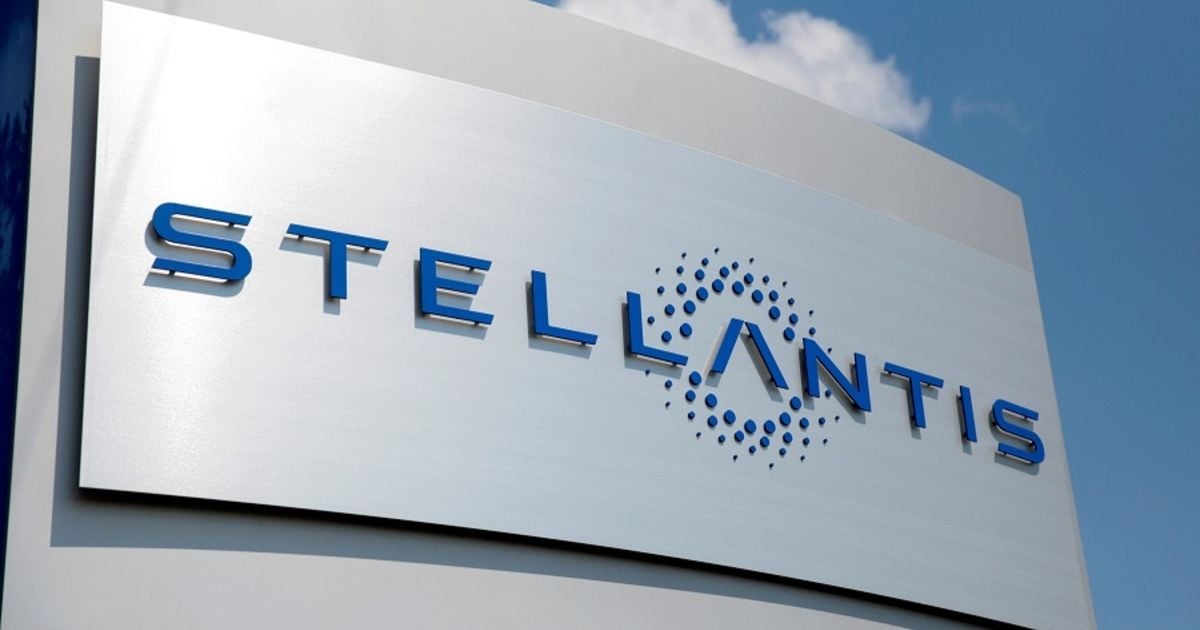
Stellantis and Samsung SDI are teaming up on a second battery plant in the U.S. as the automaker works to develop a supply chain to support its electric vehicle ambitions.
The companies, already building a battery plant in Kokomo, Ind., that begins production in 2025, have signed a memorandum of understanding to build another facility slated to go online in early 2027. The second facility’s location remains under review.
The plants are being established under StarPlus Energy, the Stellantis and Samsung SDI joint venture company.
Stellantis is planning for EVs to make up 50 percent of its passenger car and light-duty truck sales mix in the U.S. by 2030, while aiming for 100 percent in Europe during that time frame. Stellantis said it is securing about 400 gigawatt hours of battery capacity to achieve these sales targets.
Stellantis is aiming for the latest plant to have an initial annual production capacity of 34 GWh. The automaker said it intends for the plant to be the sixth battery facility to support its electrification plan outlined in its Dare Forward 2030 business strategy.
“This new facility will contribute to reaching our aggressive target to offer at least 25 new battery electric vehicles for the North American market by the end of the decade,” Stellantis CEO Carlos Tavares said in a statement. “We are continuing to add more capacity in the United States together with our great partner Samsung SDI and laying the next steps to reaching our carbon neutrality commitment by 2038.”
Stellantis is building another North American battery operation in Windsor, Ont., that was a source of controversy.
The automaker halted some construction on the joint venture facility with LG Energy Solution on May 15. Stellantis said at the time that the federal government had not met its financial commitment to the project and that the company was implementing “contingency plans,” but came to a revised agreement earlier this month.

